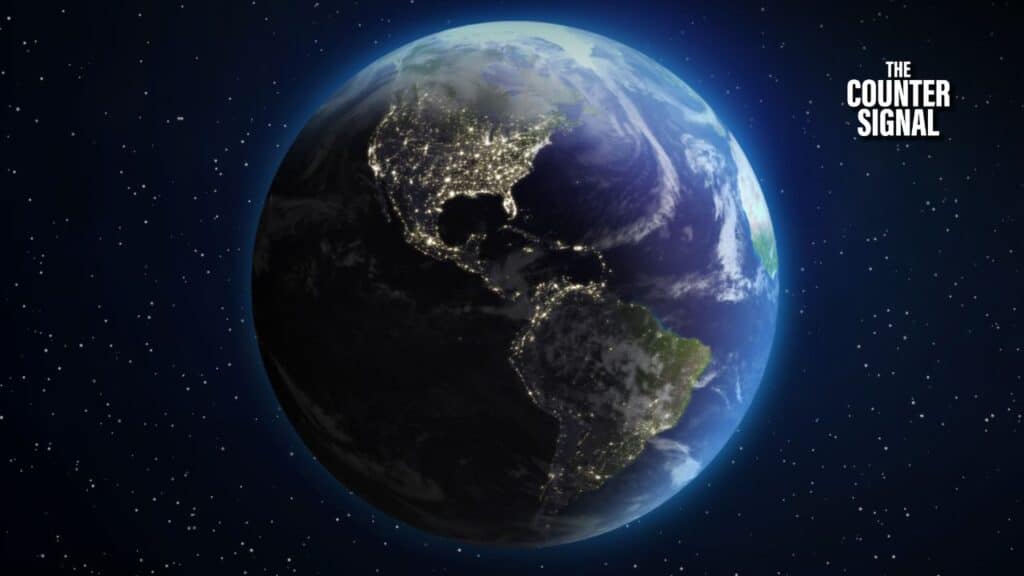New research published in Nature Communications Earth & Environment has found limited evidence for a significant warming surge since the 1970s.

The researchers employed changepoint models, which are statistical tools designed to identify structural changes in time series data, analyzing temperature records from 1850 to 2023.
“Our results show limited evidence for a warming surge; in most surface temperature time series, no change in the warming rate beyond the 1970s is detected despite the breaking record temperatures observed in 2023,” they concluded.
The study indicates that natural variability, including phenomena such as La Niña events, has influenced short-term temperature fluctuations, which totally obscures the long-term warming trend.
Researchers used the HadCRUT global mean surface temperature (GMST) data from 1970 to 2023 to analyze trends in warming. The authors estimate that a minimum increase of 55% in the warming trend would be necessary for a surge to be statistically detectable at the current time.
Instead, they found only about half of that surge has taken place since 1970.
They found a 53% increase in the slope of warming from 0.019 °C/year (1970–2012) to 0.029 °C/year (2013–2023). However, for this latter trend to be statistically significant, it would need to exceed 0.039 °C/year, which is more than a 100% increase.
Furthermore, the researchers cautioned against interpreting short-term temperature anomalies as definitive evidence of a shift in long-term warming patterns.
“This is important considering the warming hiatus discussion over the last decade and the more recent alleged warming acceleration,” they concluded.
Liberals paid WEF for report justifying climate change policies
Despite this, the Trudeau Liberals have been attributing forest fires to climate change in recent years, as if they never happened in the past. In reality, forest fires in Canada have been relatively stable over the past 40 years.
Nonetheless, in a desperate attempt to justify their carbon tax, the Liberals recently paid the World Economic Forum to produce a report that made an economic case for their environmental agenda.
In August 2019, the Environment and Climate Change (ECCC) department’s then-minister, Catherine McKenna, gave $493,937 of taxpayer dollars to the WEF to produce the report.
Six months later, the WEF provided the Liberals exactly what they asked for.
Then, in December 2020, Prime Minister Justin Trudeau announced a significant hike in his government’s carbon tax scheme — one that would raise the tax on fuels to $170 a tonne by 2030.
Earlier this month, the Canadian Trucking Alliance said that the levy cost their industry $2 billion last year, or, $15,000 to $20,000 per truck.
https://thecountersignal.com/new-climate-study-finds-no-warming-surge-since-the-1970s/
